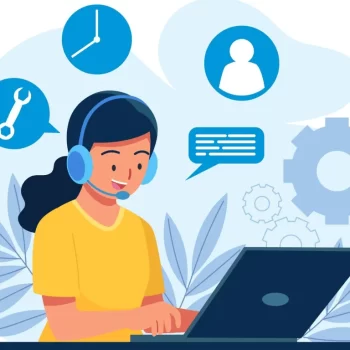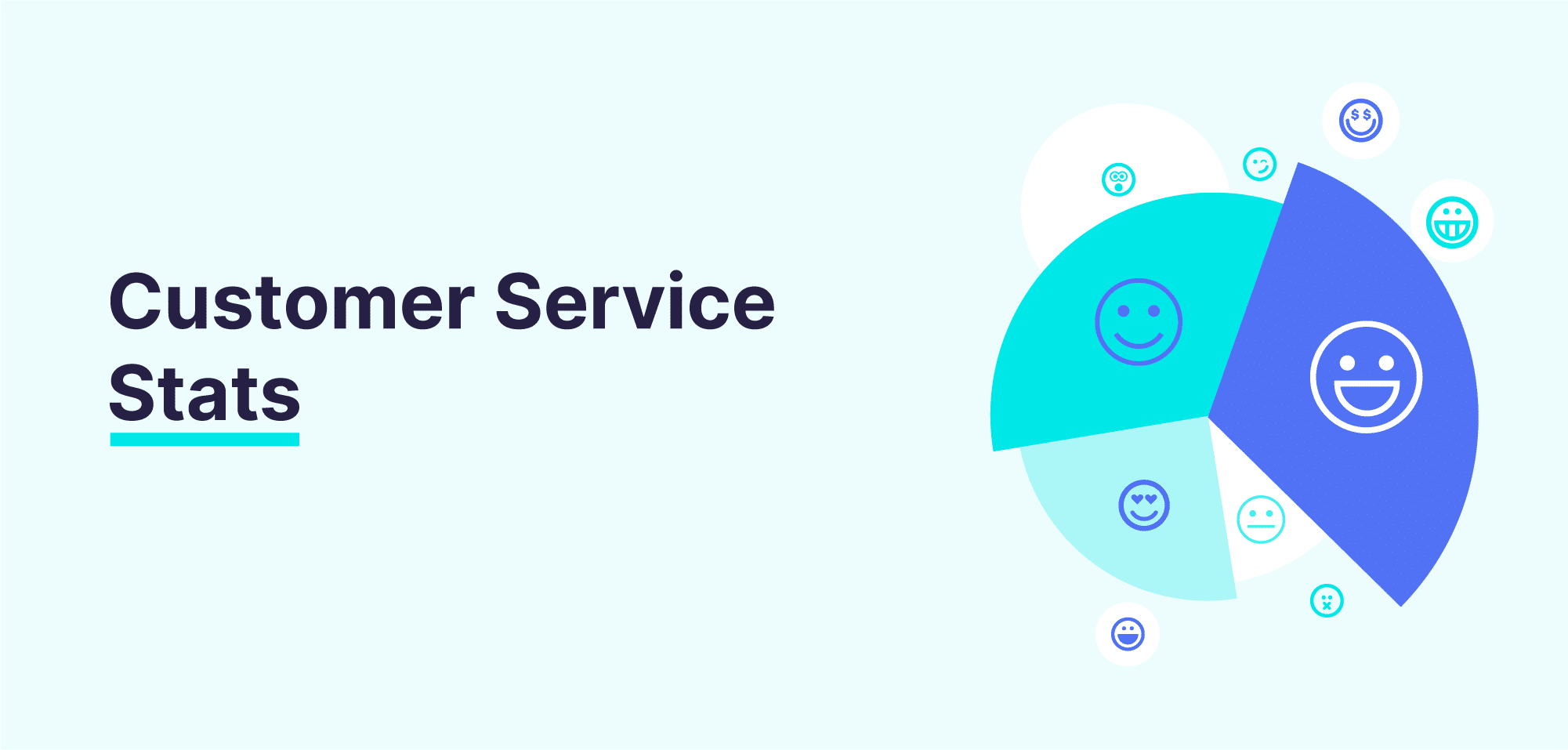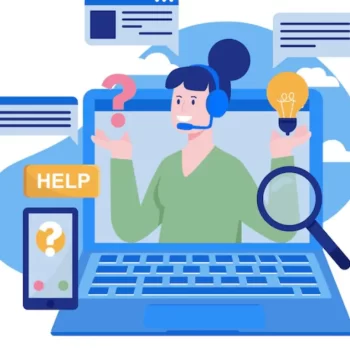“Customer-facing” is a term used to describe activities, people, or departments that interface with customers. The opposite of customer-facing would be “internal-facing,” meaning activities, people, or departments that do not interface with customers. In a business context, customer-facing activities are typically sales-related, such as customer service, marketing, and product development.
The term is also used in information technology (IT) to describe systems or applications that customers use instead of those used by employees. For example, an e-commerce website would be considered customer-facing, while the back-end system that manages inventory would be considered internal-facing. In general, anything that is customer-facing should be designed with the customer in mind.
It means considering their needs, wants, and expectations and ensuring that the user experience is as positive and seamless as possible. It’s important to remember that even though customer-facing activities are often sales-related, the goal should not be to make a sale at all costs. The goal should be to build a relationship with the customer and create a positive experience that will keep them coming back.
Related article: What does ‘customer first’ mean?
In a customer-facing role, your primary responsibility is to provide a positive experience for the customer. It means being friendly and helpful, being able to answer questions, and handling any problems that may arise. While customer-facing roles vary widely, some common skills and qualities are important for success, including excellent communication skills, the ability to build relationships, and a positive attitude. This blog will explore customer-facing roles, the required skills, and how to hone them to ensure success.
What are customer facing roles?
In customer-facing roles, employees are the face of the company and are responsible for creating a positive customer experience. They may interact with customers in person, on the phone, or online. Customer-facing roles are important for companies because they impact customer satisfaction and loyalty. Some customer-facing roles may require employees to upsell products or services.
Upselling means persuading customers to a more expensive or upgraded product or service than the one they were originally interested in. For example, a car salesperson may try to upsell a customer from a sedan to an SUV.
Customer-facing roles can be found in various industries, including retail, hospitality, and healthcare. In retail, employees may work in stores or as customer service representatives. Employees may work in restaurants, hotels, or event venues in hospitality. And in healthcare, employees may work in hospitals, clinics, or doctor’s offices. The most important skills for customer-facing roles are excellent communication and people skills. Employees in these roles must be able to build rapport with customers, understand their needs, and provide solutions. Knowing how to handle difficult customer situations professionally and courteously is a big part. Many customer-facing roles require specific industry knowledge or certifications, so be sure to research the requirements for the role you’re interested in.
Types of customer-facing roles
There are many different types of customer-facing roles, and the responsibilities of each role vary depending on the industry. For example:
- In retail, customer-facing roles might include cashiers, sales associates, and customer service representatives.
- In the hospitality industry, customer-facing roles might include front desk clerks, concierges, and waitpeople.
- In the healthcare industry, customer-facing roles might include receptionists, patient advocates, and medical billing specialists.
The responsibility of a customer-facing role is providing excellent customer service. It means being helpful and responsive to customer needs. Customer-facing functions are essential to businesses because they are the first point of contact between the company and the customer. The most important responsibility of a customer-facing role is providing excellent customer service. Other duties might include handling customer complaints, processing customer payments, and providing information about products and services.

What are customer-facing skills?
Customer-facing skills are employees’ abilities and knowledge to interact with customers. It can include everything from active listening and conflict resolution to product knowledge and salesmanship. Good customer-facing skills are essential for any business that relies on customers or clients for revenue. After all, without happy customers, a company is unlikely to stay in operation for long. A few key things that all businesses should keep in mind regarding customer-facing skills:
- First, it’s important to remember that different customers will have different needs. As such, employees should be trained to be adaptable and to tailor their interactions to each individual customer.
- Second, it’s essential to be patient when dealing with customers. No one likes to be kept on hold or to feel like they’re being rushed through an interaction. Employees should take the time to listen to customers and address all of their concerns.
- Finally, it’s vital to follow up with customers after an interaction. It shows that you care about their experience and are willing to go the extra mile to ensure they’re satisfied.
Customer-facing skills are critical for any business that wants to succeed. By keeping these things in mind, you can ensure that your employees are providing the best possible experience for your customers.
What do you need to make it in a customer-facing role?
- A positive attitude: Customers can sense when you’re genuinely happy to help them. If you have a positive attitude, it will shine through in your interactions and create a better experience for everyone involved.
- Good communication skills: Effectively communicating with customers is essential in creating a positive experience. You need to be able to listen to their needs and explain things clearly, verbally and in writing, whether it is through chatbots, emails, or over the phone.
- A helpful nature: Customers appreciate it when you go the extra mile to help them. If you’re always looking for ways to help, they’ll remember you the next time they need assistance.
- A knowledge of the product: If you’re knowledgeable about the product or service you’re offering, it makes it much easier to assist customers and answer their questions. While the knowledgebase can help, you must learn to use it to answer customers’ questions.
- Patience and empathy: Customers can be challenging, and things don’t always go as planned. But if you approach each interaction with empathy and take the time to listen and understand them, you’ll be able to resolve any issues and leave behind a positive experience.
- Research skills: One way to be the best at your customer-facing role is to know when in-depth research is required. You must be willing to learn about the industry and product thoroughly to respond to customers’ specific issues. Scrambling for information during an interaction is never a good idea unless escalation is called for.

Why is it important to be successful in a customer-facing role?
It is crucial to build rapport with customers, understand their needs, and provide them with the best possible experience, to be successful in a customer-facing role. It is also essential to handle difficult customer service situations calmly and professionally. Additionally, being successful in a customer-facing position requires excellent written and verbal communication skills. Being successful in customer-facing roles ties in to the benefits you reap in your business.
Success in a customer-facing role is about creating an excellent experience for your customers. And when you make a great experience for your customers, you reap a whole host of benefits.
- For starters, happy customers are more likely to keep coming back.
- They’re also more likely to tell their friends and family about their positive experience with your business. This word-of-mouth marketing is invaluable in today’s competitive landscape.
- Additionally, happy customers are more likely to spend more money with your business. They’re also more likely to be loyal and stick with you even in tough times.

How to hone your customer-facing skills?
Some have ingrained skills when they choose a customer-facing role. Others must master the necessary skills if they decide on a customer-facing role. However, it is doable, and there are ways by which you can become exceptional in the position. Here’s how:
- Read books and articles on customer service and related topics. It can help you learn new techniques for dealing with customers and give you a better understanding of how to handle difficult customer service situations. Additionally, reading about customer service can help you become more familiar with customers’ expectations and how to meet those expectations best.
- Attend workshops, seminars, and conferences on customer service. These events provide an opportunity to learn from customer service experts and to network with other professionals who work in the customer service field. By attending these events, you can learn new customer service techniques, stay up-to-date on industry trends, and gain valuable insights into improving your own customer service skills.
- Take online or distance learning courses on customer service. You can develop the skills and knowledge necessary to provide excellent customer service. These courses can teach you how to communicate effectively with customers, handle difficult customer service situations, and resolve customer complaints. By taking classes on customer service, you can learn how to provide the highest level of customer service possible and improve your ability to serve customers.
- Get a job in customer service or a related field. Working in customer service or a related field, even as an intern, will allow you to hone your customer-facing talents by interacting with customers daily. This experience will help you better understand customer needs and effectively communicate with them. In addition, working in customer service will also allow you to learn about different products and services, which can be beneficial if you are interested in pursuing a career in sales or marketing.
- Remember your experience as a customer. When you remember your experience as a customer, you can begin to understand what customers want and need from businesses. This understanding can help improve your ability to communicate effectively, listen attentively, and provide excellent customer service. By remembering your own experiences, you can also avoid making the same mistakes that may have left you feeling dissatisfied in the past.
Related article: Best practices for effective customer feedback management
Final thoughts
Customer-facing roles can be a challenging career path and one of the most satisfying as it involves helping people. It can also be seen as a form of paid community service. High customer satisfaction will come back to you with job satisfaction every time you help solve their issues. And pursuing a customer-facing role means that you are the face of the business, which also means that your contribution is key to business success. Therefore, it requires skill, patience, and practice to shine in the role.





















